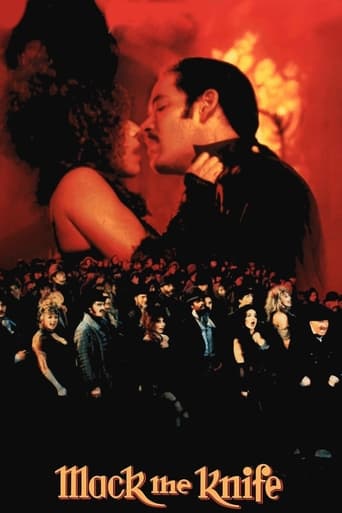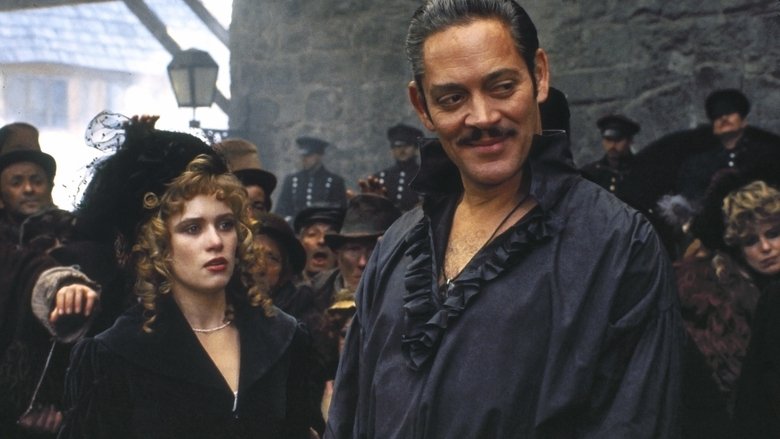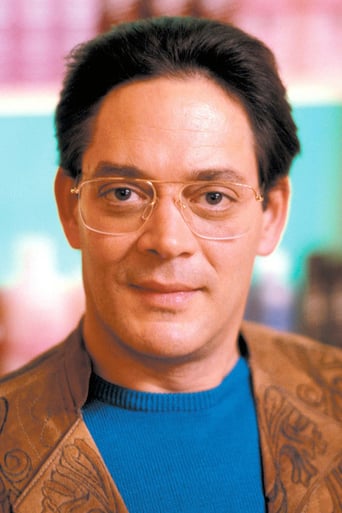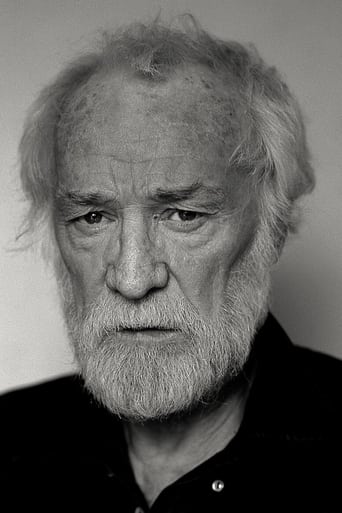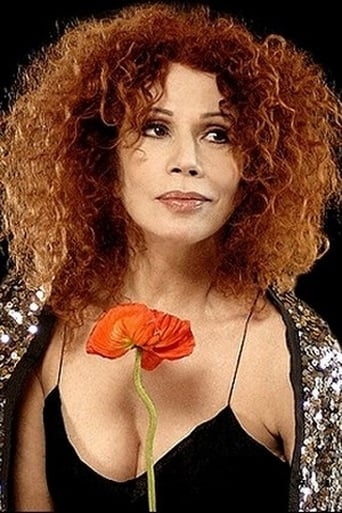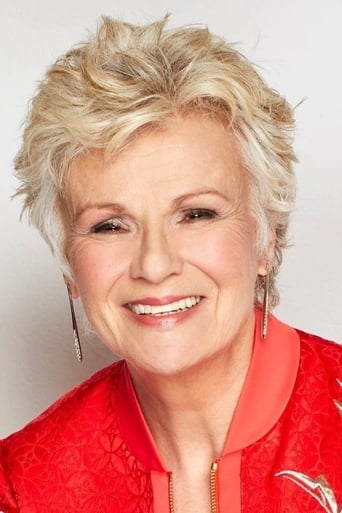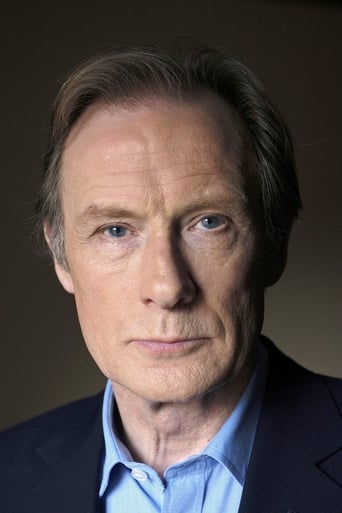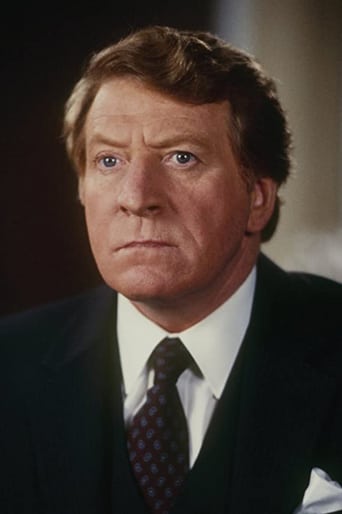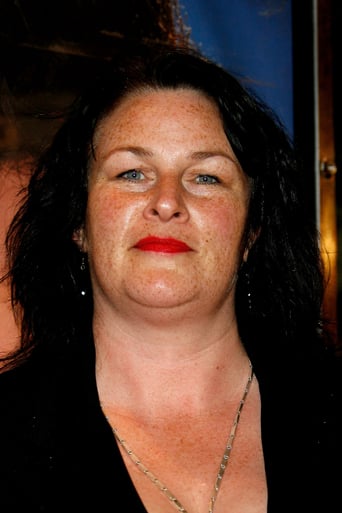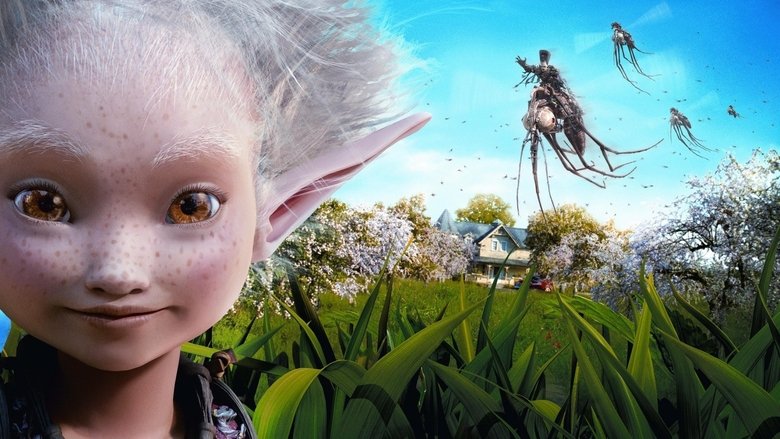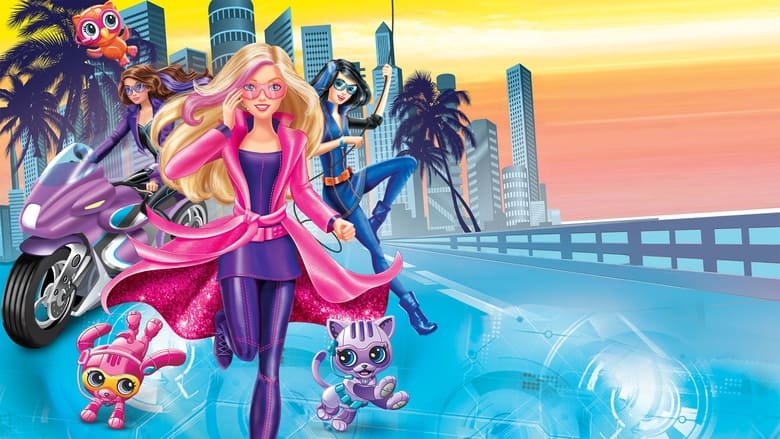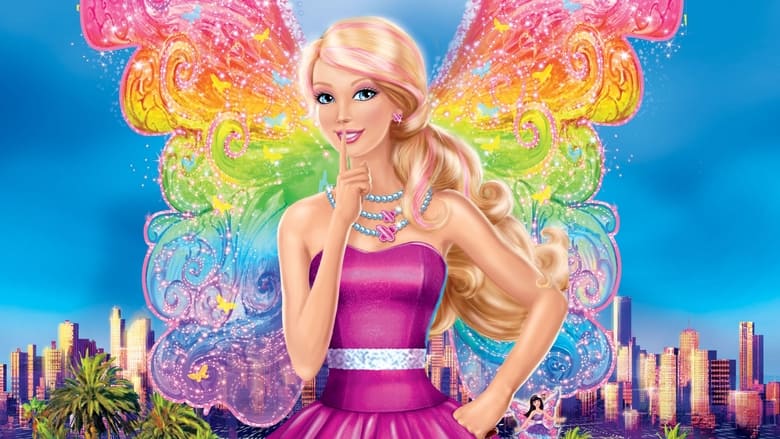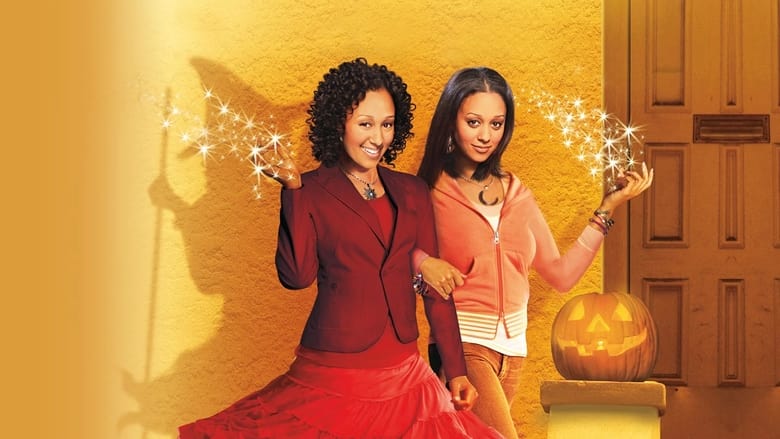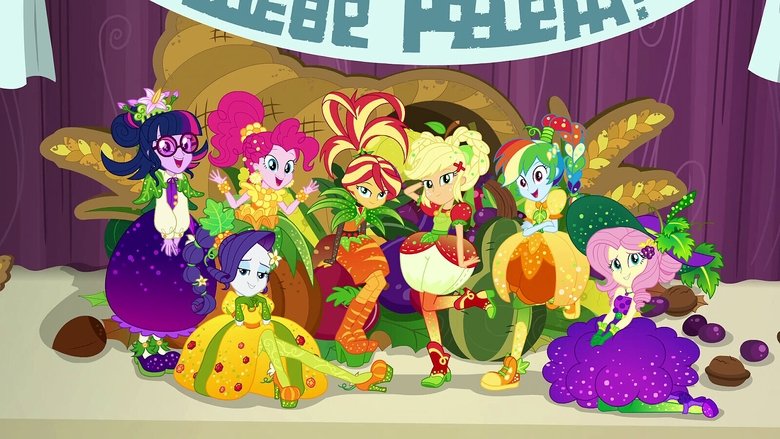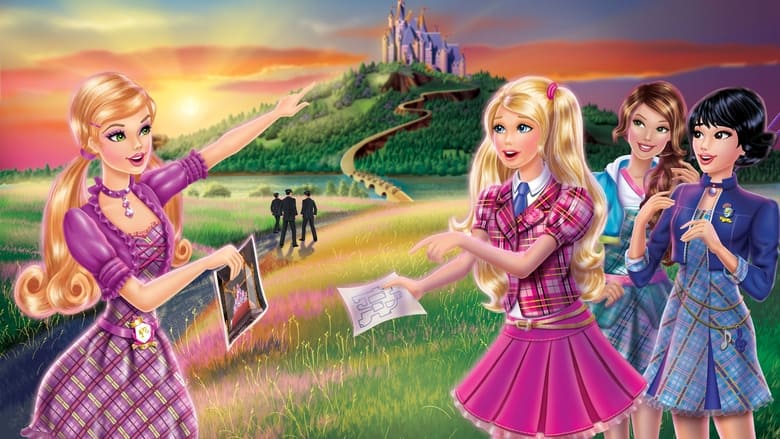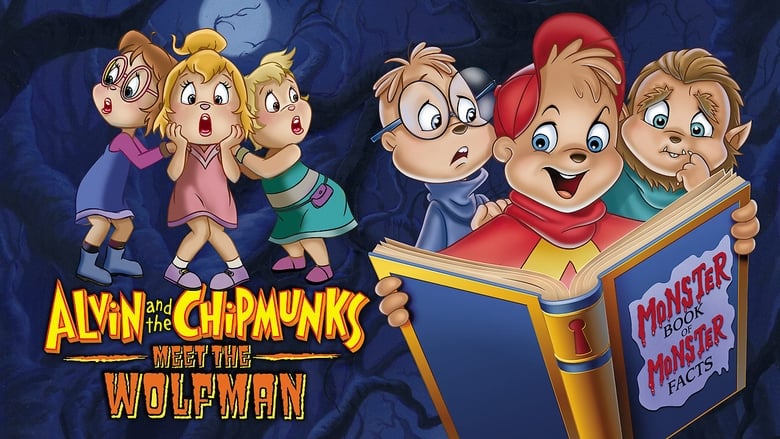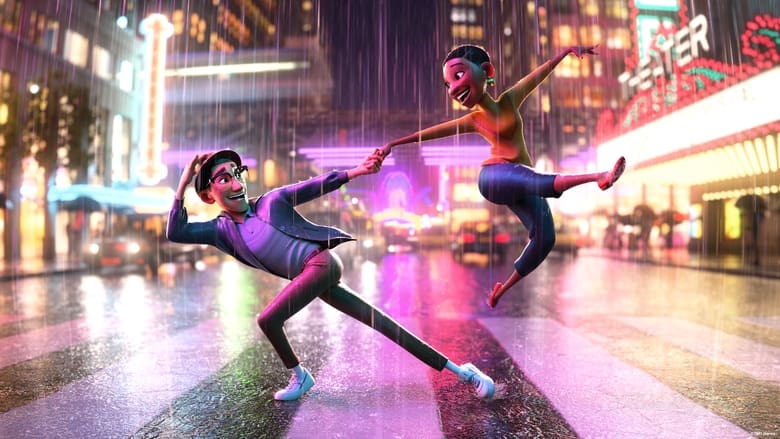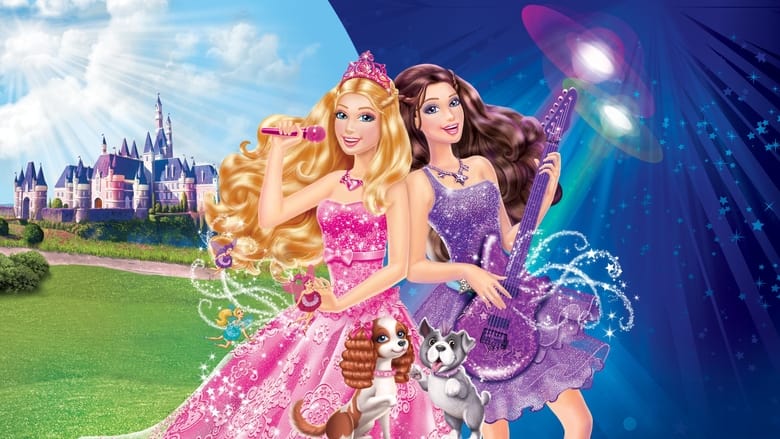In the 19th century London, a young girl falls for a famous womanizing criminal and they decide to get married. Her family strongly disapproves so her father "the king of thieves" gets the gangster arrested.


Similar titles

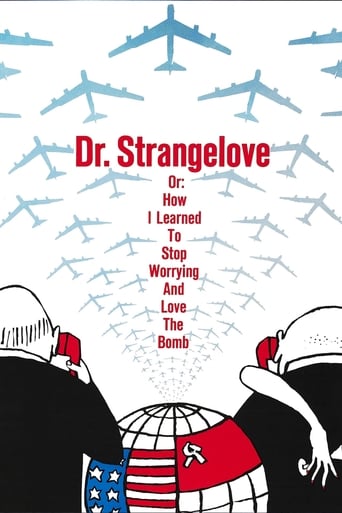
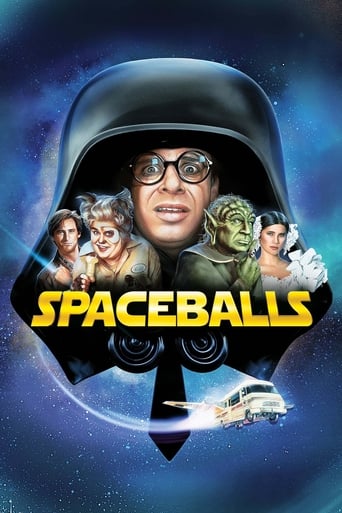
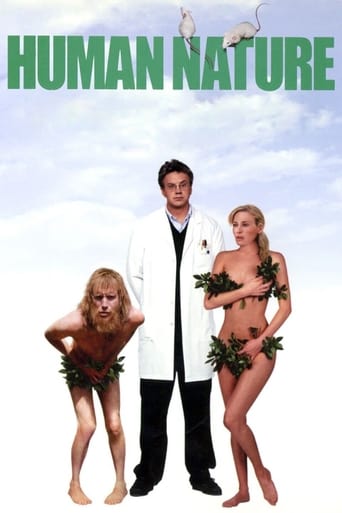
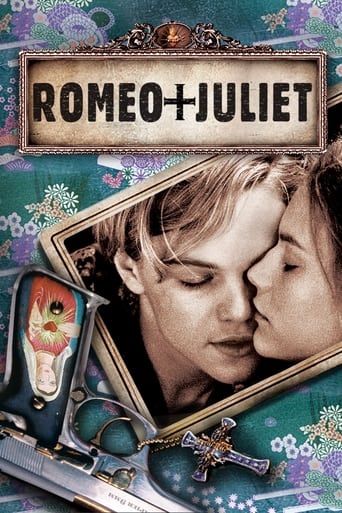
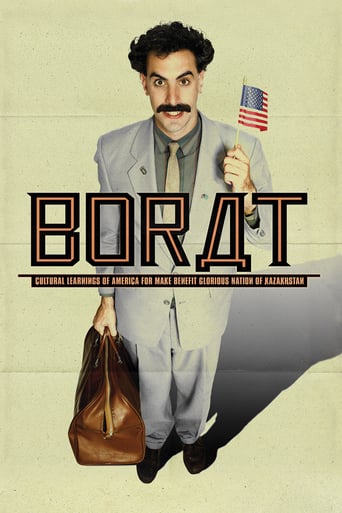
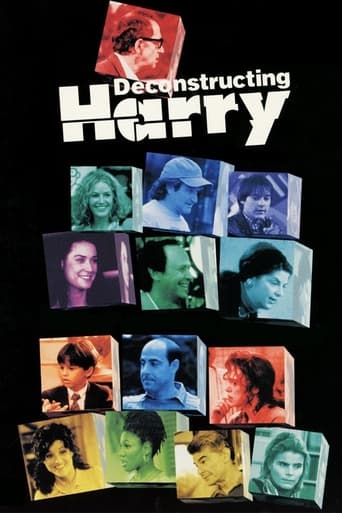
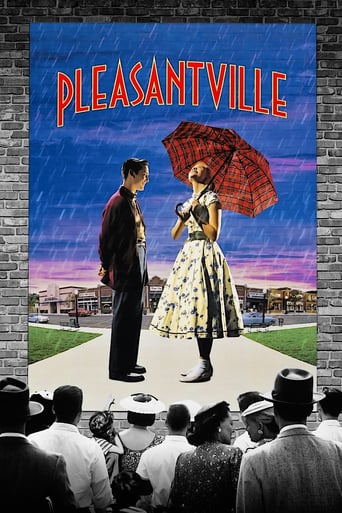
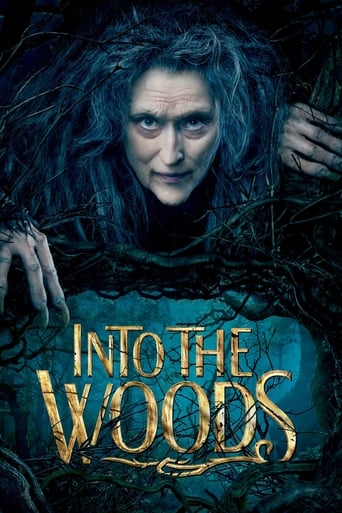
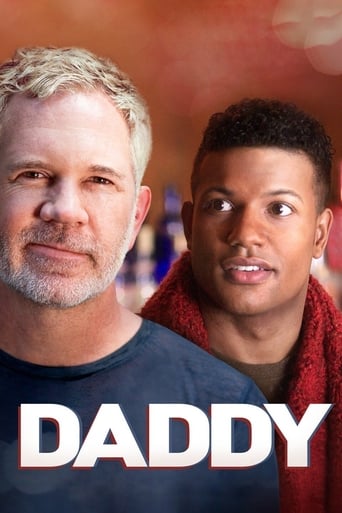
Reviews
I dare anyone knowledgeable in opera or musical theater history to watch this film and find even a scintilla of greatness carried over from the original score and various stage productions. The only principal who can lay claim to a real singing voice is Julia Migenes, and though top-billed among the female performers, she really doesn't have much to do, and what she does makes very little impression; you would not ever know that she was one of the world's leading opera stars for about a quarter-century. The rest is uncompromisingly bleak and shoddy looking, with nothing even good, let alone great, emerging from it. Raul Julia was sometimes a great stage actor and an occasionally effective film one, but he is devoid of anything like the charisma Macheath should exhibit in this iconic role. Julie Walters is okay, but looks like a refugee from Mrs. Lovett's pie shop in SWEENEY TODD. Harris is doing Harris, which early on was very interesting, but led into a kind of sameness in line delivery in his later films that was also mirrored by other great talents gone sour with age and boredom - say late Bette Davis and Ray Milland. Altogether a depressing experience, and I must admit that until I saw this film on a list recently, I had no idea it even existed. As to why it is has not been available on DVD, I can only say I'm not surprised.
In 1728 John Gay took a suggestion from Jonathan Swift (1716) and wrote a revolutionary opera, "The Beggar's Opera". This was a revolutionary work because in the first quarter of the 18th Century the rage was Italian opera a specialty of Handel, among others. Italian opera was a highly formalized affair involving the doings of gods, demigods, heroes, kings, and other folk of elevated but generally useless status. Gay's work, in contrast, was about beggars, thieves, procurers, whores, gaolers, and other folk of low status persons whose appearance on the stage was considered scandalous. The resultant furore of hilarity tolled the death knell for Italian opera. Handel turned to writing oratorios upon which is based his primary claim to fame. Opera, meanwhile, became more naturalistic. Gay's musical lark had changed the course of the development of music.Exactly 200 years later, in 1928, Kurt Weill (assisted by his brilliant librettist Berthold Brecht) updated the Beggar's Opera as "Die Dreigroschenoper", "The Threepenny Opera" (although it might more properly be "The Thruppence Opera") a work equally as revolutionary. In a piece for low characters, with (for the time) shocking dialogue and lyrics, employing a cabaret orchestra Weill created something that was no less high art than the masterworks of Richard Strauss. It may be argued that Weill wrote greater works for the stage than this, "Lady in the Dark", or even that mountain of monumental bloat "Magahonny", but such arguments fail to obscure the fact that "Dreigroschenoper" is THE Weill masterwork. (And yes, I'm familiar with the fact that claims have been made that Brecht's lyrics weren't necessarily his own.) Weill's great musical achievement has been committed to film 3 times: in 1931 ("The Threepenny Opera"), 1962 ("Die 3groschenoper"), and 1990 ("Mack the Knife"). Of these, despite its defects, by far the best is the last. "Mack" creates a vision entirely faithful to Brecht's vision of the seamy underside of capitalism which, by the way, was much the same as William Hogarth's, whose engravings wonderfully inspired the sets and costumes. (Yes, Hogarth died in 1764 and the opera is presumably set in 1837, but London hadn't changed overmuch in the interim since the early Hanoverians were every bit as corrupt as the late Stuarts.) Brecht would, of course, have a field day today, when corporate capitalism is entirely seamy, no matter what side you look at. This great film has, alas, not found a home on DVD as yet. The VHS, showing only the feckless pan-and-scan format, is out of print and hard to find.One of the glories of "Mack" is its cast. This is headed by Raul Julia and Richard Harris. Everyone connected with the production shows an intelligent understanding of capitalism and its love of corruption and war for Brecht's vision shows us that Marxism (despite its defects of logic and focus) sees the economic engine of the West for what it is: greedy, oppressive, hypocritical, immoral, deceitful, and homicidal. In our age, Peachum would be the head of a multinational corporation and/or in the Senate, and Tiger Brown would be in charge of Homeland "Security".When the Dreigroschenoper was to be performed in English in the States during the first half of the last century, Berthold Brecht's biting lyrics were idiomatically translated by the talented (but now little-known) composer, Marc Blitzstein. To the extent that these lyrics appear in the film, Blitzstein's version has been somewhat diluted.If "Mack the Knife" has a defect and it does it's the omission of so much of Weil's original music. Some of the opera's number are omitted entirely, and all of the rest are abbreviated to one extent or another.Some of the music of omitted songs does appear in snippets in the unsung score. The orchestral score doesn't stray too far from Weil's cabaret orchestra arrangement, although the instrumental palette is somewhat broader. There are so many CD versions of the opera (including one featuring the immortal Lotte Lenya), both in German and English, that you would have no trouble hearing if not the whole score, at least the majority of it. (The Lotte Lenya version is, I believe, complete.) The opera is set about the time of "the Queen's coronation" -- presumably Victoria, putting it in 1837. The outstanding members of the cast may be noted: the "Street Singer" is played cunningly by Roger Daltry. He's not a character per se, but instead participates in the musical numbers and does a bit of "Everyman" comment. Mr. Peachum, London's criminal boss chiefly a fence and director of a troupe of beggars is played brilliantly by the great Richard Harris. The fishwife-like Mrs. Peachum is marvelously portrayed by the wonderful Julie Walters. MacHeath is the inimitable Raul Julia, and it's hard to tell whether he or Harris portrays his character more charismatically. The Chief of Police, Tiger Woods is a very nice turn by the greatly talented Bill Nighy). Jenny Diver, MacHeath's lover in years past and now the madame of her own house, is played with tremendous worldliness and world-weariness by Julia Migenes. She disappeared from film shortly after this. She's a Scientologist, but nobody's perfect. Incidentally, this Jenny isn't "Pirate Jenny" of the original Threepenny, but sings her ballad. There is almost always a "Jenny" in a Weil/Brecht production.What a fabulous performance this is! Weil's anti-establishment opera would be better with its music intact. Maybe so, but it's wonderfully well-served here by wonderful staging, enthusiastic acting, and vigorous realization of the abbreviated score. I give this one 12 stars out of 10. If you can find a copy of this film, buy it short of a DVD release, you will not see its like again.
O.K. Folks, it ain't Brecht, but - the emperor doesn't have any clothes - the original Three Penny Opera is not a work that translates well from the Weimar Republic to our own era. i.e., I'm not so sure authenticity is that important. The sets are overbuilt, there is much too much Lionel Bart feel, but Julia is actually excellent, Mignenes is better yet, and Roger Daltrey's interpolations are kinda fun. Roger Ebert has the negatives right - there is a relentlessly `over-the-top' feel to the whole movie - but the Washington Post reviewer is nonetheless closer. It is quite an enjoyable movie despite the flaws. As to what can go wrong with filming this stage play, take a look at Pabst's 1930 version for a first-class mishmash.
The fact that most of the budget for this presumably went on the heavy-duty cast list shouldn't have mattered if it had been staged with flair and imagination and some sympathy for the original's satirical intent. Instead we get risibly bad song and dance sequences featuring picturesque beggars and whores, and the final alienation is accomplished by pulling back to reveal the action has taken place on a music-hall stage, appropriately enough for a production that's more Lionel 'Oliver' Blair than Brecht. The acting talent is shamefully misused: Migenes and Walters are good but don't have to try very hard: Migenes at least has a great voice and some feel for the material. Julia looks perfect as Mack, but struggles with the character, straitjacketed by a fake plummy accent. Harris's Peachum is embarrassingly mannered and Polly is atrocious. The adaptations of lyrics, script and music are often awkward: it was a bad move to base the film on Marc Blitzstein's bowdlerised Broadway version, but at least his words were singable, unlike most of what's been interpolated in gestures of faithfulness. And the attempt at overcoming the low budget by filming at claustrophobic angles on mist-shrouded sets lit in garish blues and oranges as if by some bargain-basement Vittorio Storaro fails utterly -- the film just looks cheap, shoddy and thoughtlessly made. Disgraceful.
